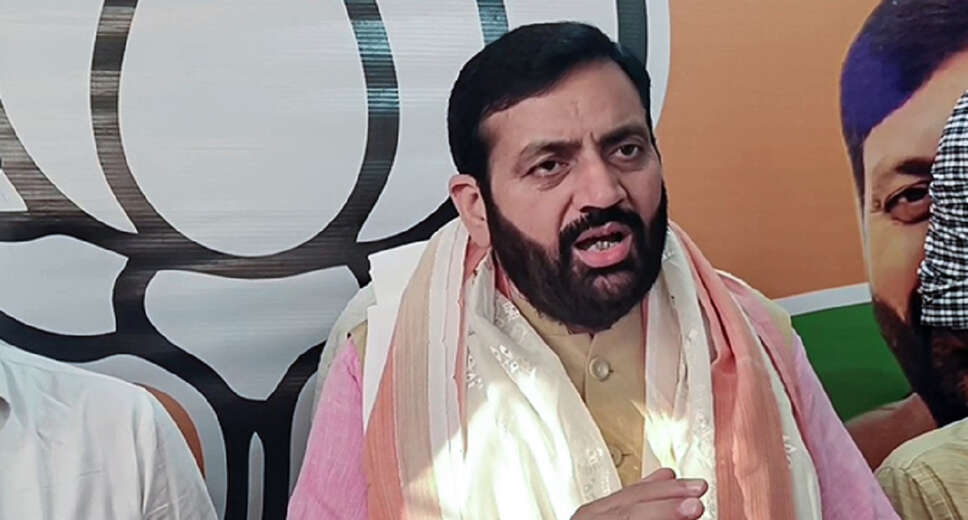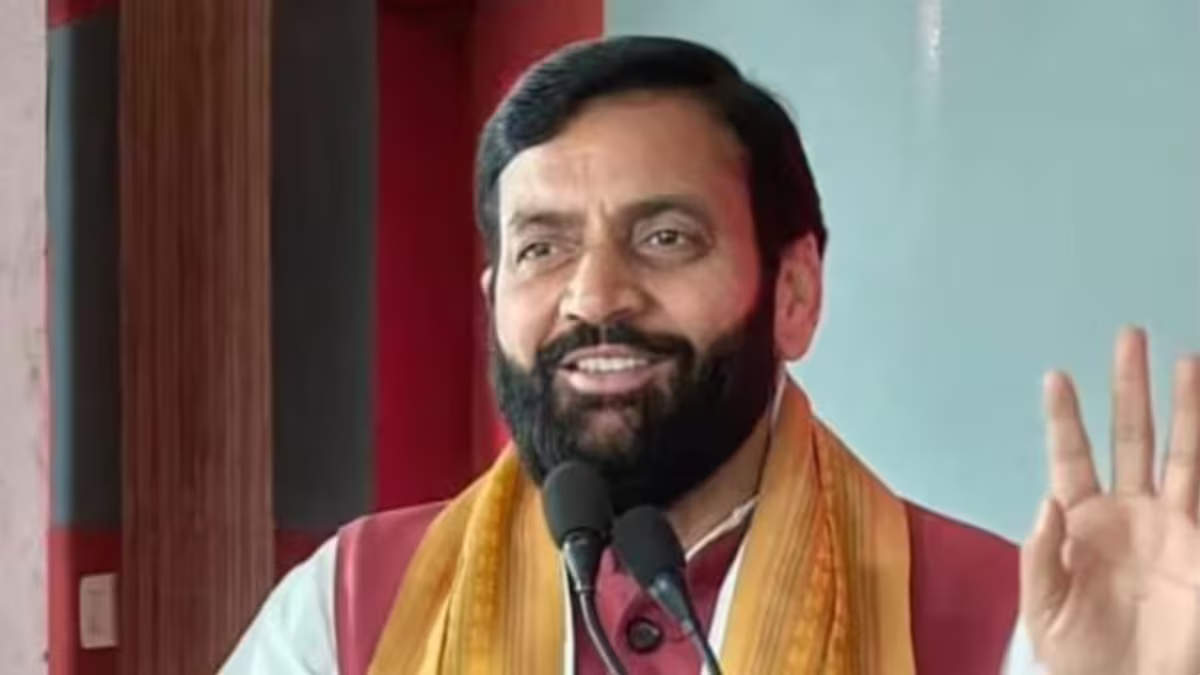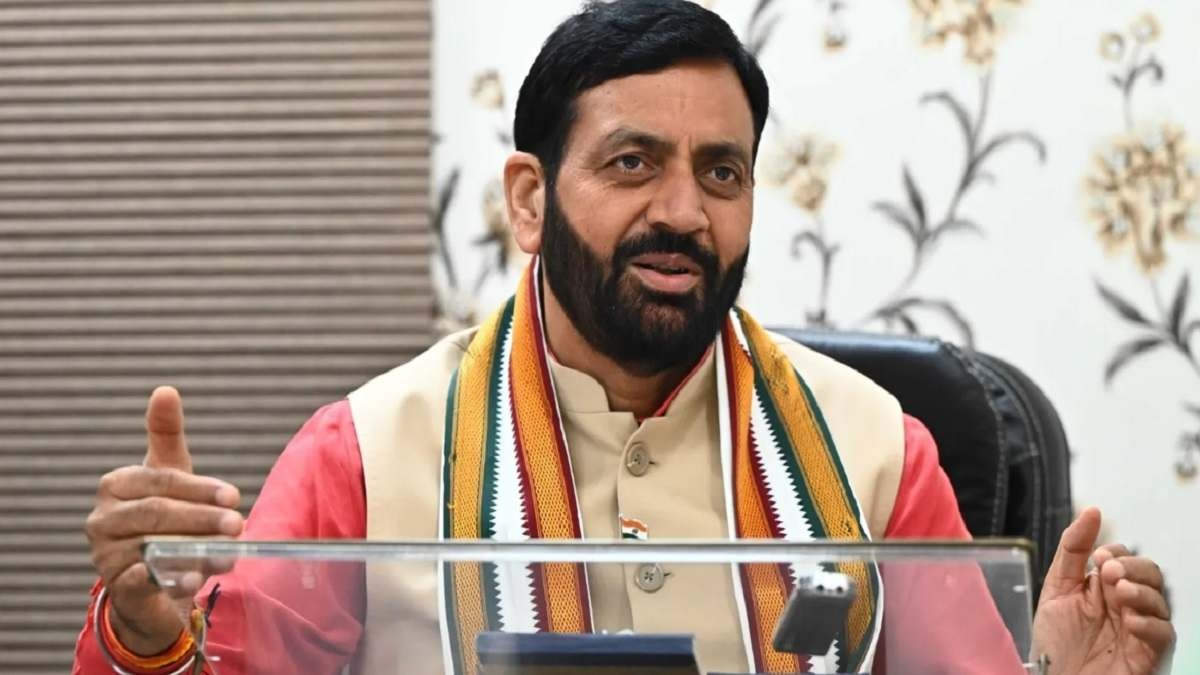Haryana: CM Nayab Singh Saini Hosts Public Court at His Residence, Listens to People's Grievances, Assures Solutions

Haryana's Chief Minister, Nayab Singh Saini, has initiated a public meeting at his residence, where he personally meets with citizens to address their issues. This event comes at a crucial time, with the Haryana Assembly elections scheduled for later this year. Political parties are actively working to win the favor of the public, but CM Saini is distinguishing himself by focusing on the needs and concerns of the people.

Turning the CM's Residence into a Public Forum:
CM Saini has transformed his official residence into a "Public Meeting Hall," where citizens can directly present their grievances. In addition to this, he frequently visits local tea stalls, engaging in conversations with residents over tea, listening to their problems, and considering their suggestions. This approach bridges the gap between the government and the public, showcasing his commitment to valuing the opinions and experiences of the people.

Strengthening Panchayati Raj System:
CM Saini has taken significant steps to reinforce the Panchayati Raj system. He established an inter-district council and increased the e-tendering limit to ₹21 lakh, making it easier for local leaders to initiate development projects. Moreover, he introduced a monthly pension scheme for former Panchayat representatives, enhancing social security for those who have served at the grassroots level.
Welfare Policies for Citizens:
The Chief Minister has launched several welfare initiatives aimed at improving the lives of Haryana residents. These include providing gas cylinders for ₹500, allocating 100-yard plots, reserving 10% of government jobs for Agniveers, ensuring a minimum support price (MSP) for all crops, and introducing the Happy Card for free travel. These schemes are designed to uplift the standard of living in the state.
Focus on OBC Upliftment:
CM Saini has also concentrated on the upliftment of the Other Backward Classes (OBC) community. He increased the annual income limit for the creamy layer from ₹6 lakh to ₹8 lakh and planned a special recruitment drive to fill backlog positions. These measures aim to create more opportunities for OBC individuals in government services.
